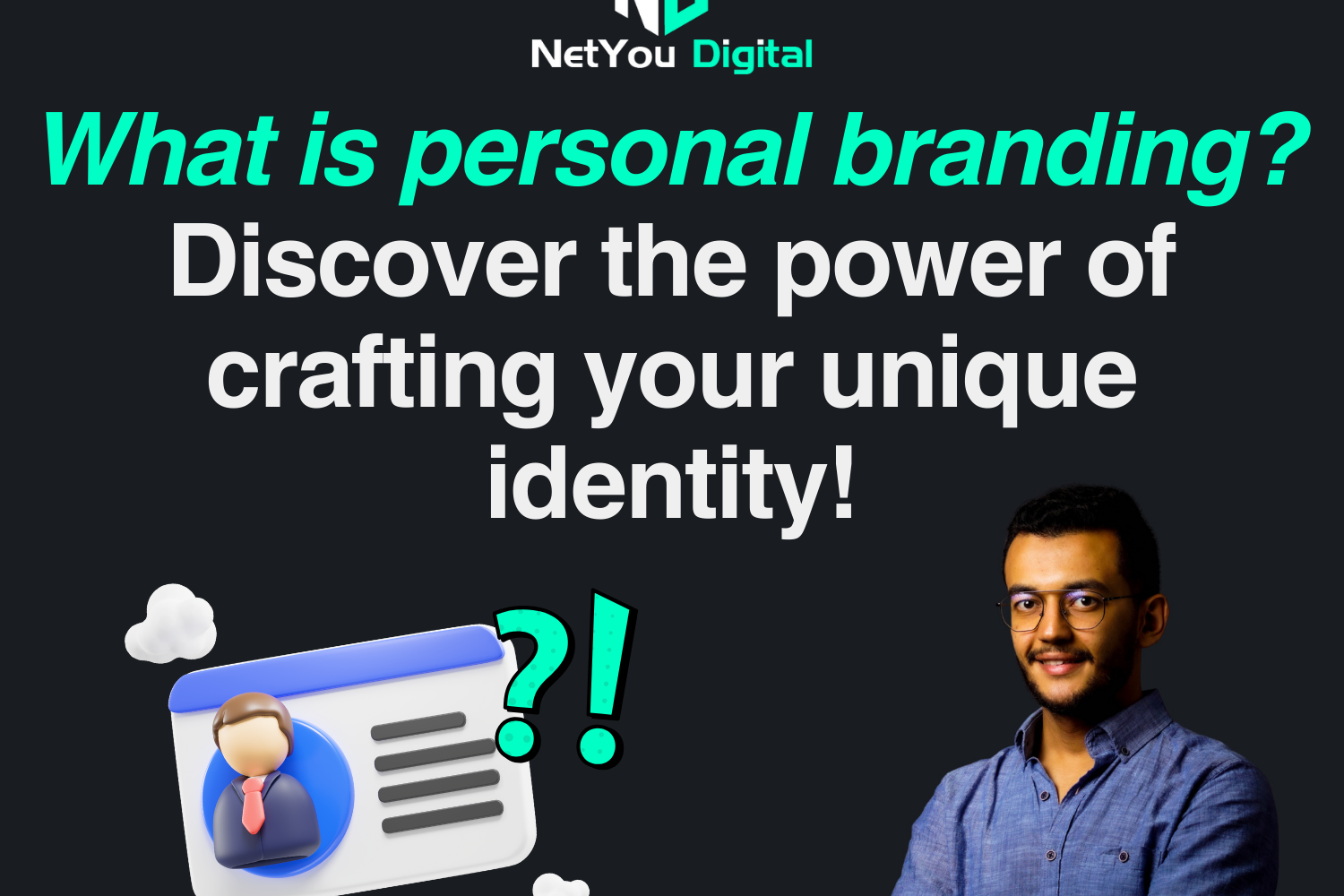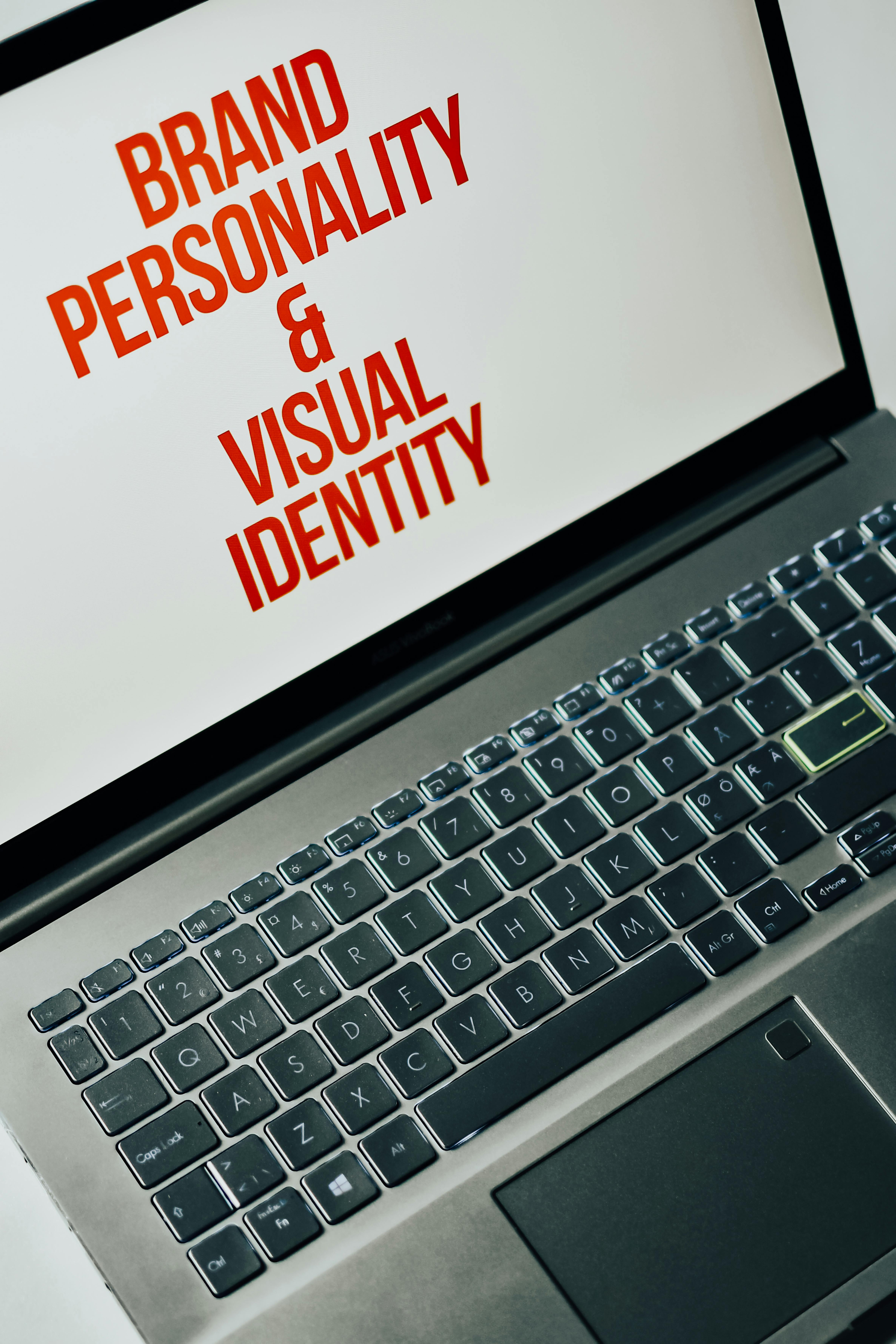Table of Contents
What is personal branding?
In today’s fast-paced and competitive world, personal branding has become an essential tool for anyone looking to stand out and succeed. But what exactly is personal branding? It’s more than just a buzzword; personal branding is the deliberate process of defining and promoting your unique identity in a way that resonates with your target audience. It’s the public-facing identity you create for yourself, combining authenticity with strategic curation to showcase your experiences, skills, and values.
Your personal brand is not just a reflection of your reputation; it’s a carefully managed representation of you as a professional. It’s about influencing how others perceive you, including what values, interests, skills, and contributions they associate with you. Whether you’re a social media influencer, freelancer, keynote speaker, or business professional, personal branding plays a crucial role in establishing yourself as an expert in your field and opening doors to new opportunities.
Personal branding definition
Personal branding is the process of constructing a distinctive brand identity for yourself, typically in a professional context. It involves actively curating your digital presence across various platforms to present a coherent and appealing image of who you are and what you stand for. The ultimate goal of personal branding is to leave online audiences with a strong and memorable impression, allowing you to establish yourself as a thought leader, expert, or influencer in your field.
In today’s digital age, where attention spans are short and competition is fierce, personal branding gives you a competitive advantage. It allows you to cut through the noise and make a lasting impact on your target audience. By actively managing your personal brand, you can differentiate yourself from others, enhance your credibility, and create meaningful connections with those who matter most.
The importance of personal branding
Why is personal branding important? In a world where the marketplace is crowded and attention spans are dwindling, personal branding is your secret weapon to stand out and succeed. It’s not just about showcasing your skills and expertise; it’s about creating a unique identity that resonates with your audience and sets you apart from the competition.
Consider this: personal branding is the key to being seen as a trustworthy expert in your field. It’s a strategy that allows you to prove your experience and expertise, making it easier for potential employers, clients, or partners to recognize your value. When done right, personal branding can significantly enhance your professional and personal growth, leading to new career opportunities, increased visibility, and a stronger online presence.
In an era where people trust recommendations from individuals over companies, personal branding is a powerful tool for building credibility and trust. It’s about positioning yourself as a go-to expert and creating a strong brand identity that attracts attention and commands respect.
Building a personal brand: a step-by-step guide
Creating a successful personal brand requires intentional effort and a strategic approach. Here are six key steps to help you build and establish your personal brand:
1. Define your brand identity
The first step in building a personal brand is self-reflection. Take the time to figure out what you stand for and how you want to be perceived. Identify what makes you unique, including your talents, perspectives, values, and passions. Consider your career achievements, personality traits, and any notable challenges you’ve overcome. By staying true to your authentic self, you can create a brand identity that is relatable, trustworthy, and impactful.
2. Determine your target audience
Next, it’s important to clarify who your personal brand is speaking to. Your target audience could be potential employers, clients, or a professional community. Understand their needs, interests, and challenges so you can tailor your content and messaging to resonate with them. By aligning your brand with your audience’s specific needs, you can create a connection that fosters trust and engagement.
3. Develop a personal brand statement
A personal brand statement is a succinct description of who you are, what you do, who you serve, and why it matters. It serves as your professional tagline, encapsulating your unique value proposition. A strong brand statement not only helps focus your communication across different platforms but also differentiates you from your peers and competitors. For example, if you’re a nutritionist specializing in holistic wellness, your personal brand statement might be: “Empowering individuals to achieve optimal health through personalized nutrition and lifestyle strategies.”
4. Optimize your online presence
Once you’ve laid the groundwork for your personal brand, it’s time to update your digital footprint. Ensure that your social media profiles, personal website, and other online platforms reflect your brand identity. Invest in professional headshots, a logo, and a consistent colour scheme and design elements to reinforce your brand’s visual identity. Consistency across platforms makes you easily recognizable and reinforces your credibility.
5. Create and share valuable content
Content is king when it comes to personal branding. By creating and sharing high-quality content, you can establish yourself as an authority in your field and amplify your brand message. Share insightful blog posts, social media content, and videos, and collaborate with other creators to expand your reach. Your content should reflect your expertise, personality, and perspectives, allowing you to connect with your audience on a deeper level.
6. Network and engage with your community
Building a personal brand is not just about promoting yourself; it’s also about building relationships and engaging with your community. Network with industry professionals, attend events and participate in relevant conversations. Offer your expertise, answer questions, and provide valuable insights to solidify your reputation as an approachable and knowledgeable thought leader. By fostering goodwill and promoting the work of your peers, you can create a strong network that opens up new opportunities.
The benefits of personal branding
Establishing a strong personal brand offers several key benefits that can significantly enhance your professional and personal growth. Here are the four main advantages of successful personal branding:
- Standing out from the crowd: Personal branding allows you to showcase what makes you unique in your field, making you more memorable and attractive to potential employers, clients, or partners. It enhances your competitive edge and increases your ability to command a higher salary.
- Increased visibility and recognition: Personal branding elevates your profile and positions you as a go-to expert in your industry. By consistently sharing valuable content, you can attract the attention of industry influencers, media outlets, and potential clients.
- Bolstered credibility: Personal branding helps you earn the trust of your audience by consistently demonstrating your skills and expertise. The more credibility you build, the more opportunities you’ll attract, and the more others will seek your opinion and collaboration.
- Control over your online presence: Personal branding lets you take charge of your digital footprint, ensuring that what people find online is accurate, positive, and aligned with your professional goals. It gives you control over your reputation and enhances your professional opportunities.
Examples of successful personal branding
To better understand the power of personal branding, let’s look at a couple of real-life examples:
David Perell: Known as “The Writing Guy,” David Perell has built a strong personal brand around his expertise in online writing. Through his popular course “Write of Passage,” social media presence, and podcast appearances, he has successfully positioned himself as a leading proponent of the power of online writing.
Marie Forleo: Marie Forleo is an entrepreneur and author known for her award-winning web show MarieTV. Her personal brand revolves around the philosophy that anyone can lead a dream life with effort and determination. Through her engaging personality and practical advice, Marie has inspired millions to realize their potential.
Conclusion: Embrace the power of personal branding
Personal branding is not just a fleeting trend; it’s a powerful tool for modern professionals looking to carve out a distinctive identity in a crowded marketplace. By defining and promoting what makes you unique, you can create a compelling narrative that resonates with your audience and opens doors to new opportunities.
Remember, personal branding is an ongoing journey that requires self-awareness, authenticity, and consistent effort. By embracing your personal brand and staying true to your values, you can build a lasting impression, establish yourself as a thought leader, and pave the way for future success.
If you need further assistance with improving your site’s speed, please contact us.





